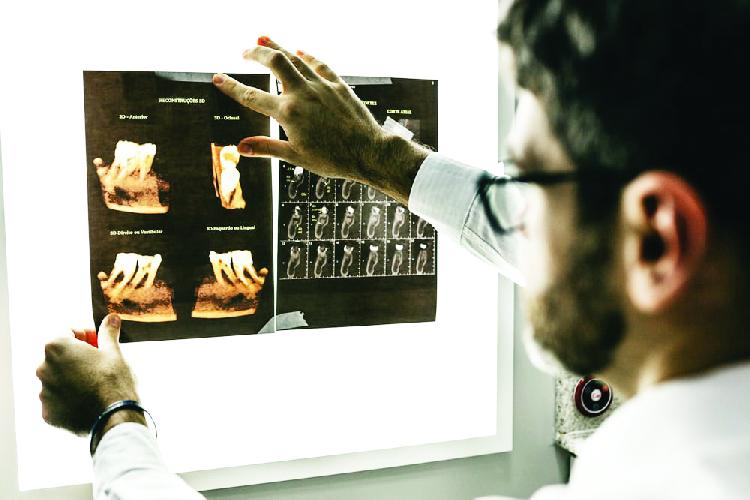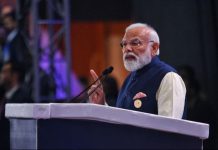Africa-Press – Namibia. AS from 1 November dentists contracted to the Public Service Medical Aid Scheme (Psemas) will no longer treat Psemas patients.
This would be the case until the scheme updates outdated dental fees. Dr Maren Thomson, president of the Namibia Dental Association (NDA), issued this warning to minister of finance Iipumbu Shiimi on 15 October.
Dentists are claiming the benchmark tariffs of the Namibian Association of Medical Aid Funds (Namaf) have been the same since 2014, despite objections from the private healthcare sector on numerous occasions.
“We hereby give notice to your good office that as from 1 November, all contracted dental health service providers will cease to render dental health services at the 2014 Namaf tariffs,” Thomson said.
Members of Psemas who wish to continue receiving dental health services would therefore be required to pay the 2021 cost-reflective tariff of their preferred dental health provider and claim a refund from Psemas of their own accord.
“We regret that it has had to come to this drastic measure, but we have been left with no choice if the provision of dental services to Psemas beneficiaries is to continue at all,” Thomson said.
She said dentists are spending significantly more on treating Psemas beneficiaries than the amount they are reimbursed with – a situation she described as “gravely untenable”.
The acting executive director of finance at Psemas, Francois Brand, acknowledged correspondence with the dental association earlier this year on several occasions, regarding the outdated tariffs and the call to adjust these.
In a letter dated 17 September, he said the ministry is still consulting the relevant stakeholders on the matter, and Psemas is currently busy with several reforms to improve the status of the scheme.
These reforms include the review of current benefits, contributions, and the tariff structure. “Any information with regards to the increase in tariffs would be communicated to all stakeholders,” he said.
Thomson said despite the dental fraternity “having laid bare our souls”, they doubt their plight is being taken seriously. Besides the low tariffs, dentists have also recorded that Psemas often breaches its own terms and conditions by making payments after the scheme’s stipulated 60 days.
“Psemas’ failure in this regard poses a substantial sustainability and existential risk on dental healthcare providers still willing to treat Psemas patients,” Thomson said.
The NDA did an analysis of input costs, and more specifically the cost of materials used in selected procedures, while also submitting a confirmatory report from Deloitte Namibia in which the accuracy of their analysis was confirmed.
Eben de Klerk, a consultant for the Namibia Private Practioners Forum, has said from the said analysis it is evident that the input costs for selected procedures “far exceed the current tariff being paid by Psemas”. This tariff is Namaf’s benchmark tariff for 2014.
The NDA is also questioning the scheme’s authority, stating it was established with the objective to make provision for the granting of assistance to members in defraying expenditure incurred by them for medical services.
It was not established as a medical aid fund and is not governed by the Medial Aid Funds Act, the NDA says. The ‘Psemas contract’ is said to have no statutory status, as its rules and regulations remain ungazetted.
“As dental healthcare providers we cannot continue providing services below cost. We cannot be forced to subsidise the government while exposing ourselves to financial ruin.
“We are now at the cusp of embarking on a potential transformational journey as we look to implement action,” Thomson said.
For More News And Analysis About Namibia Follow Africa-Press






